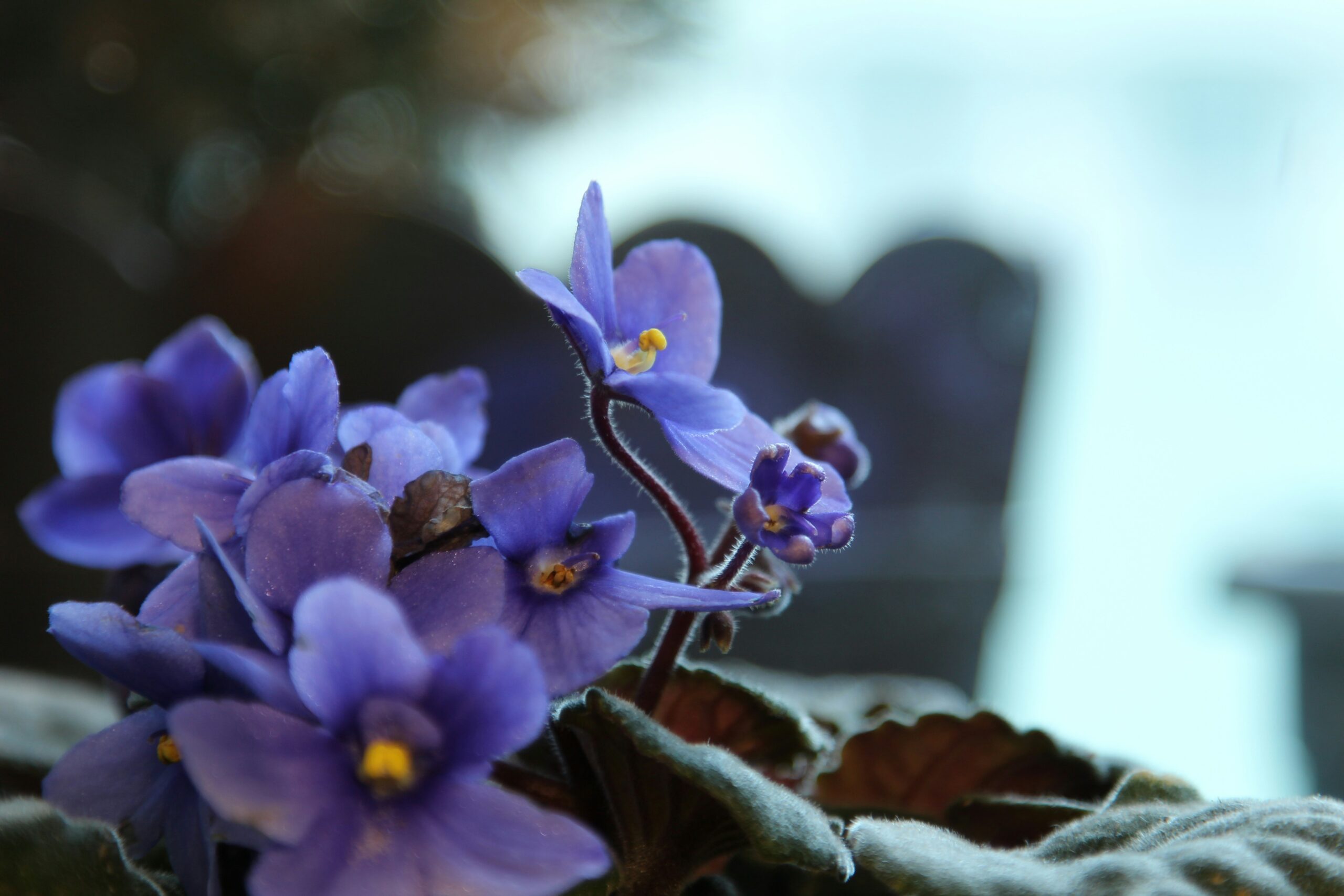One of my earliest memories of childhood goes back to 1988. Often, we would go to Aunt Lizzie’s. Aunt Lizzie was the matriarch of the Petten side of the family. She lived in an old-fashioned two-story house. You entered in the house by the back porch. In the porch in the corner was the old-fashioner wringer washer. When you entered the kitchen, on your immediate right was a sink, then was the pantry door where the best cookies in the world were kept. As you turned to your left was the chrome table and four chairs by the window and under the sash window was the coil heater. When you went into the front room, there was a dinning room table and chairs to your left, and above that was a framed picture of the SS Caribou and her crew (which sank in 1942). Next to the table and chairs was the day bed underneath another sash window. One day in going to Aunt Lizzie’s, on the window ledge of the window in the front room, there was a one litre “Brookfield” vanilla ice cream container. In that one-litre Brookfield vanilla ice cream container was a house plant—an African violet to be precise. After that particular visit that day, when we left, mom had in her hand the one-litre Brookfield vanilla ice cream container with the African violet in it. For years, mom tended that dark purple African violet. From breaking leaves off to make plants for others who saw it in full bloom wanting to have one, to the time the front door of the house blew open one night when we were not home, and it got frosty, and bringing it back again, for years mom had that plant until one day it did fade away. Mom had that same African violet for at least 25 years. Whenever I hear the gospel recently proclaimed on the Fifth Sunday of Easter, in which Jesus says, “I AM the vine, you are the branches,” my mind goes back to the African violet.
The imagery used by Jesus to describe the relationship between us and him and God is very trinitarian in its nature. God is indeed the vine grower. Jesus is the vine. We are the branches. If you have ever been to France or to the Niagara area of Ontario, you would be very familiar with vineyards. There are rows upon rows upon rows of vines which produce grapes. The grapes are used for eating, and used for the making of wine. Often branches are grafted into vines in order to produce the best possible grape for market. The production of such fruit is not an easy task, and it takes work. In order to have a good grape, the grape needs to be firmly connected to the bunch, the bunch needs to be connected to the branch, the branch needs to be connected to the vine, and the vine needs to be deeply rooted in the soil in order for the root system to take in the best of the nutrients and water to help in the assistance of photosynthesis (the process by which plants make food from the light of the sun). It all takes work. The other thing that takes as much work as working a vineyard is being the Church of Jesus Christ.
The Church—whether it be institutional or not—the Church takes work. One evening, a family invited their pastor to their home for a meal, and of course the family had a little Johnny. Of course little Johnny had a way with words. In making conversation with the family, the pastor asks little Johnny the question of what he wants to be when he grows up. Little Johnny answers by saying: “Reverend, I want to be like you because you only work one day of a week and; you got six days off.”
What happens in our congregations and parishes in the times we gather for worship, if anything, is a finished product. It takes time, it takes devotion, it takes prayer, it takes a whole slew of many things for 11 am on a Sunday morning to take shape. Yet it also takes a lot of work and a lot of patience to do the things that need to be done during the week. There are times when you can plan a week of doing things that you would like to do, and a phone call on a Tuesday evening during the supper hour can chuck those plans out the window.
Yet, there is something else that takes more work to keep healthy than the Church is our own relationships with God. We need to make sure that we are connected to the vine. Just as our relationships with other people take work, so too does our relationship with God; our relationship with Jesus takes work, and what needs to happen most of all is that we need to have a good connection to Jesus.
I think if Jesus were to teach such a saying in our own time, he would probably say something like the following:
- I am the charger, you are the tablet
- I am the charger, you are the iPad
- I am the charger, you are the cell phone
- I am the charger, you are the Fitbit
None of these things work unless they have a good connection to the very source which gives them power and/or battery life in order to work. Well, guess what? The same can be applicable to us as members of the Jesus Movement. How are we connected to him? How is your connection to him? Do you need to be plugged into him? Just as looking after the African violet for years took work, and so too does our relationship with God. So, I ask you: How is your connection? How is your battery life? What percentage of battery life do you have until you need to be plugged-in to the source of all life so that you can be charged and go and do what it is that the source of all life is calling you to do and to be? How is your connection to Jesus?
Well, no matter what percentage of battery life you may have, no matter the technological challenges that you may have, the worshipping community is the right place to begin order to get your battery charged. You have come to the right place in order to be connect to the source of energy, the source of all life. Not only is he found in the vine, but he is found in this place in bread and wine, and once we consume that in which He Is found we become Him in the world to others and for others. So, how is your connection?
I invited you to connect to him, in connecting to Jesus it will take work but the work will produce something great, something that will be fruitful not only for you, but for the kingdom as well. We are called to be good fruit; we are called to be the sweetness of God in this world, but in order to do that we need to be connected. Therefore, connect to God today and keep working to make sure that such a connection is not disconnected from the ultimate source.


